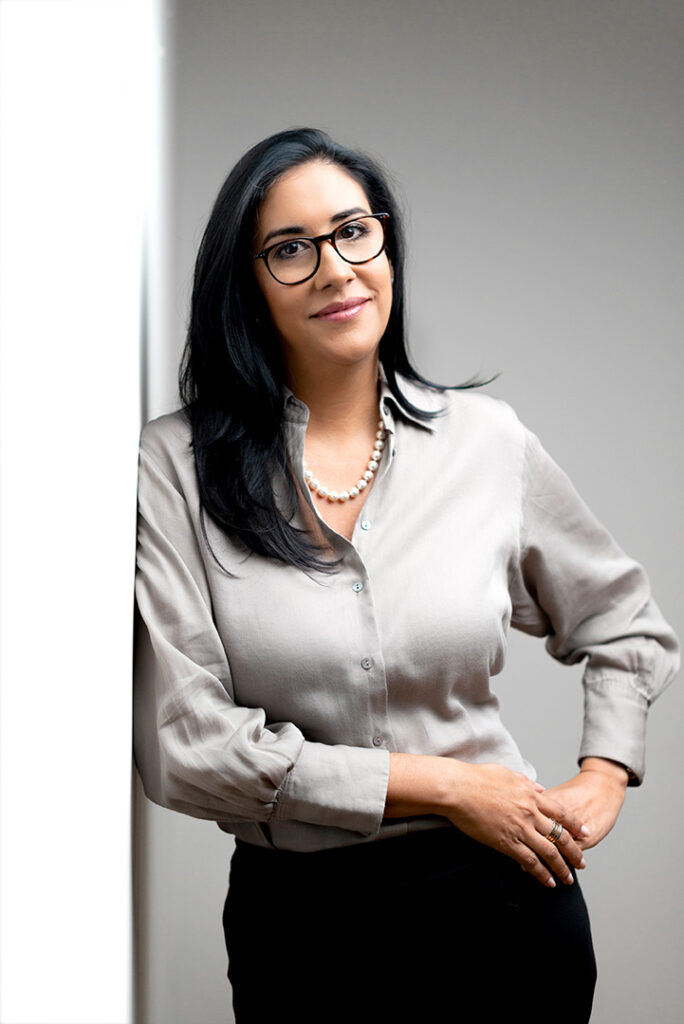Financial sustainability and the Canal model
Sustainability is on the rise. Increasingly, decisions about organizational – and financial – matters are being analyzed from a holistic […]
Sustainability is on the rise. Increasingly, decisions about organizational – and financial – matters are being analyzed from a holistic approach, with little or no collateral impact, and with some benefit to society. The days when companies operated without social commitment or accountability are long gone. To further expand on the approach to sustainability and finance, El Faro spoke with financier Olga Cantillo, Executive Vice President and General Manager of the Latin American Stock Exchange (Latinex) with more than 30 years of experience in the national and international financial and stock market sector.

The topic of sustainability is becoming universally relevant, but how do we link it to finance?
In my opinion, it is about making responsible investments to facilitate the raising of resources through financial systems, in order to achieve compliance with the Sustainable Development Goals (SDGs) of the United Nations (UN) Agenda 2030. In this sense, sustainable finance promotes, in a structured manner, the channeling of this capital towards economic projects that generate sustainable results that contribute to the progress of the SDGs, under ESG (environmental, social and governance) factors; something that the Panama Canal has been doing for years.
One of the components of sustainable finance is ethics, why is it important?
Ethics is important in finance and in everything; and that is the most critical part, because if you do not have a robust body of corporate governance in a company or a State, you cannot have a transparent and efficient execution for the conservation of the environment; neither can you give adequate attention to social needs, and that includes the internal part of each company.
On the other hand, there is an increasing emphasis on entrepreneurship for the diversification of our economy, what do you think about that?
I think it is important, and it is important from different points of view. Entrepreneurship is related to access to technology, and recent studies show that there are limitations for women in this area. There is a direct impact there to SDG [No.5] related to women’s empowerment, and that also has a correlation to SDG [No.4] on education.
For companies, it is important to engage in supporting entrepreneurship, in a more active way and within their closest ecosystem. We, in the capital markets, that is what we are looking for, because to the extent that companies can generate specific projects aimed at addressing these issues, we will be able to have sustainable finances.
What does Panama need, from the financial point of view, to be a developed country?
The issue of ethics is important, as well as education. To move forward, a change in Panama’s education system is vital, and if I take it to the financial aspect, it is necessary to include basic topics such as personal finance in the curricula, or providing more specialized [financial] knowledge in higher education. That would be an important step forward. And companies need to get on board as well. In 2015, our organization identified the weakness that exists in stock market education, because education in our country is more oriented toward the banking side. So, we have developed initiatives ranging from lectures, webinars, partnerships with schools, school and university internships, and we are planning a diploma course in the stock market, precisely to have more people specialized in this regard. We are also implementing a program for the empowerment of women. These types of actions will help us become a developed country.
How do you think the Panama Canal supports Panama’s financial sustainability?
If we look at it in simple figures, the direct contributions that the Panama Canal gives to the country are significant, and I highlight the contribution of more than B/.2 billion last year. And we must also take into account the indirect contributions, which become a multiplying factor for the whole society. But, in addition to the quantitative part, for Panamanians, the Canal is one of our main assets.
As a Panamanian, I can say it: we have a sense of belonging to the Canal, not only because of its logistical role in world trade, but also because it is administered by Panamanians, and that has an important component. On the other hand, the Canal has been able to anticipate and adapt to the changes of all these years, as in the case of the pandemic, where transit remained uninterrupted.
In addition, the Canal has reinvented itself. I have read about the changes in the toll structure, as well as its commitment to achieving carbon neutrality, and that is to be admired.